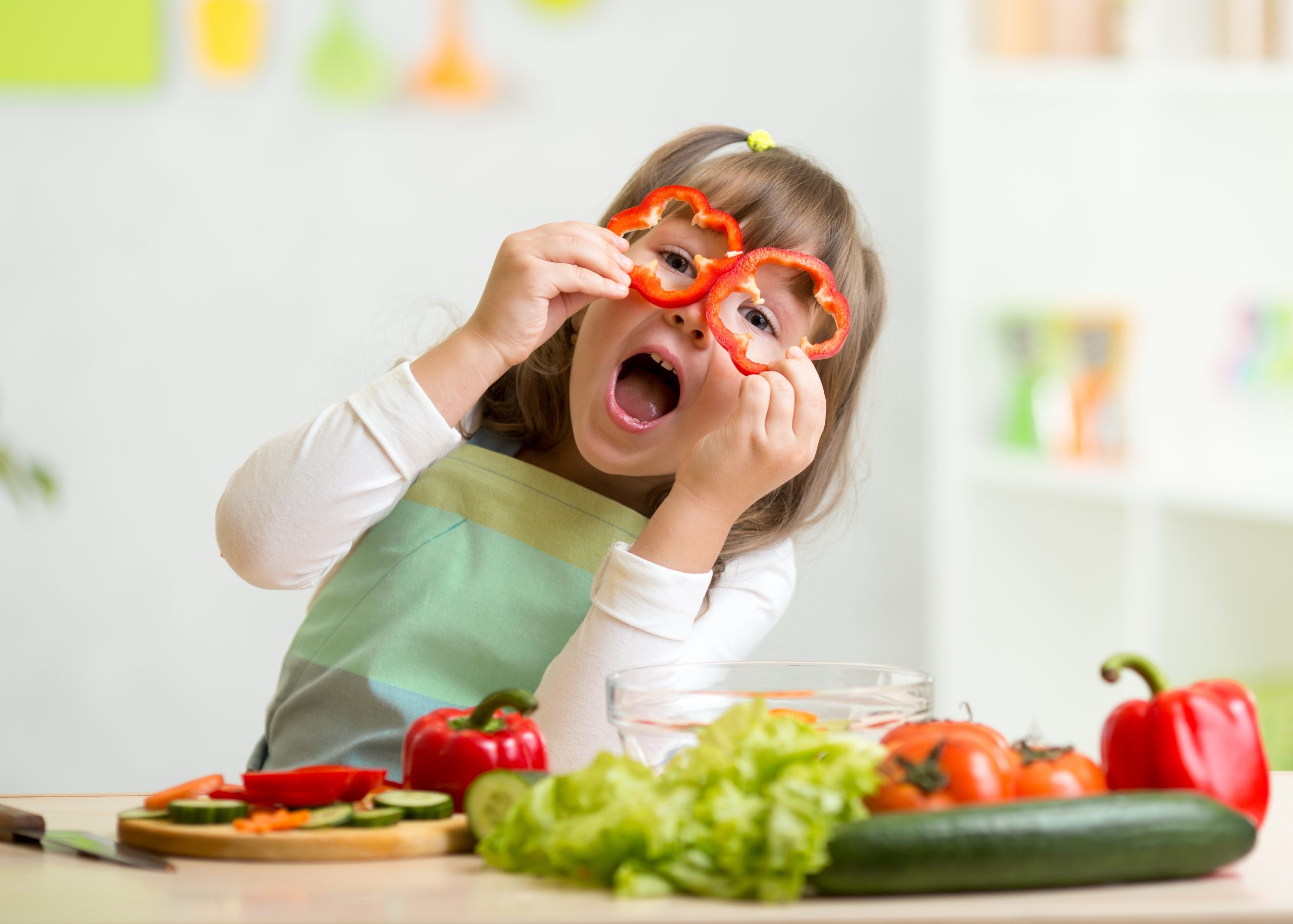Why children are picky eaters
Roughly after your child turns 2, you might see the beginnings of a fussy eater. Although there’s no clear cut reason as to why children become picky eaters, there are a few theories:
- Need for consistency: humans are creatures of habit and we do not like to change!
- Desire for autonomy: a big part of personality development is emerging autonomy, and this includes deciding what foods your child wants to eat
- Human instinct: some scientists believe that picky eating is a evolutionary protective function to prevent children from trying potentially dangerous foods
What can parents do about it
Be a positive role model
Parents need to avoid showing disinterest/disgust when seeing foods you don’t like because your baby will follow. Additionally, many studies reveal that peer behaviors have a significant influence on individual behavior in preschool age children. In comparison, adult role models were relatively less influential than peers, but were still helpful in getting children to try new foods. Try rationally explaining to children the benefits of a healthy lifestyle and consequences of unhealthy foods to help your child make healthier choices.
Introduce new foods by mixing it in with a food they love already
Children are more likely to try new foods if paired with something they already like. In an experiment testing this theory, children had less adverse reactions to bitter and sour foods if they were initially paired with some sugar (they added some sugar to grapefruit juice in the study). The sugar helped the children get used to the taste of unsweetened grapefruit juice. Interestingly, children preferred steamed unsweetened vegetables over sweetened ones; try pairing a steamed vegetable with your child’s favorite sauce, condiment, or food.
Don’t force your child to eat
Don’t force your child to eat when they’re not hungry, but also, do not starve them. Pressure causes your child to not only eat less, but also may cause them to avoid that food in the future (due to the negative association). In an experiment, researchers found pressure also causes your child to choose to eat more unhealthy foods compared to fresh fruits and vegetables.
Try simple preparation methods
Children can be put off by ingredients they cannot see. Although your child might like eating steamed broccoli by itself, they might not welcome additions of sauce. From an anthropological view, this preference is not that strange. Why would we eat something without knowing its contents. Many cultures around the world eat and prepare food very simply without heavy sauces or processing.
Sources
https://www.parentingscience.com/picky-eater.html
https://www.zerotothree.org/resources/1072-how-to-handle-picky-eaters
